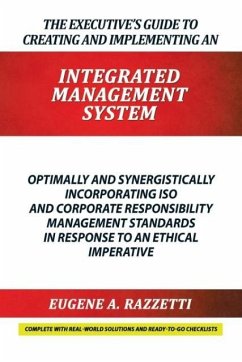The post-9/11 security environment and the demands of global, integrated operations and campaigns in a long-term war on terrorism underscore the need to consider new ideas that enhance the effectiveness of the military instrument of power while recognizing the inherent value of the existing system. In order to better understand the character and enduring attributes of the position of Chairman of the Joint Chiefs of Staff and inform future Defense reform initiatives in the post 9/11 era, Lieutenant Colonel Michael S. Bell traces the Chairman's evolving role since the inception of the position during the Second World War through the Goldwater-Nichols reforms of the 1980s. Although Defense reformers often focus on more efficient business and budgeting practices, his narrative compels greater consideration of the value of apolitical military advice, civilian direction of policy, and legislative oversight on the military instrument of power.








